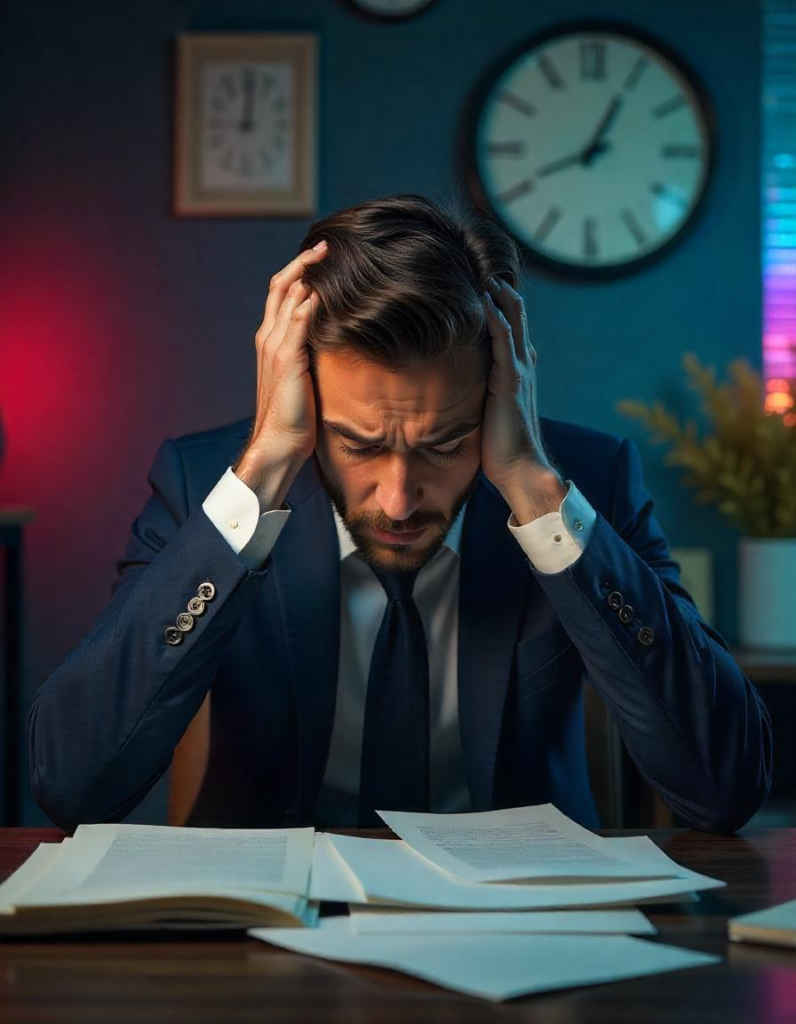‘AITA for not paying for my sister’s college when I’m paying for my fiancées?’ ‘I don’t want to be a selfish jerk.’
Sounds like an emotionally charged situation that raises questions about responsibility, fairness, and family obligations. I know you fought tooth and nail for your financial freedom, the money has always been tight in your childhood. You’re now on firmer ground and so you are footing the remainder of the bill for your fiancée’s college so she can graduate debt-free and you can begin your marriage on better footing. But your younger sister has complained and feels that you are raising your fiancée but not her Even your parents have told youin different words she is right, family comes first.
This brings me to the core of your dilemma: Just finding that balance between what you want for your life and what your family expects for your life. You have helped out your family in the past, and you might also have payed bills in the past but still is become a life long financial aid, especially to someone you are not close with, is where the reluctance arises. It’s an awkward reminder that family financial dynamics are often more complicated than simply succeeding or failing.
Read for more info Reddit







Notably, Ananya explains why those who like her have to choose between family obligations and personal priorities.
There is no clear or universal definition of what family obligation means; this varies considerably by culture and even individual values[3]. In households where money has been a sore spot or where family members have had similar struggles, the higher-earning spouse can be viewed as a possible lifeline. But this breeds a sense of entitlement or resentment when expectations are not met. Sociologists have observed that financial differences between siblings can create complicated relationships, especially if one brother or sister is believed to have “escaped” and others are stuck in similar circumstances.
To you, helping your fiancée is an investment in your future, while helping your sister may have the appearance of being a temporary solution. These distinctions are indeed valid, as they are different levels of commitment and foresight. Lastly, any financial provision to family under duress will sometimes destroy a relationship instead of nurturing it.
Moral And Legal Concerns
You’re not legally obligated to pay for your sister’s schooling, since responsibility for that usually lies with parents (if anyone). Ethically, opinions vary. Philosopher Peter Singer claims that if we have the capacity to help another person, we are morally bound to do so, although he points out that this is a contextual phenomenon and that family does not take precedence over non-kin. On the other hand, some will tell you that self-sufficiency and boundary-setting are paramount – even when that feels at odds with family loyalty.
Case Studies and Precedents
Similar Situations: Many on subreddits and discussion groups on sites like Reddit or Quora who find themselves in comparable circumstances stress the importance of laying down ground rules from the start. The general idea is it is more difficult to say no after one family member has been bailed out, causing permanent resentment or the bankruptcy of other family members.
Financial independence: Family research on financial aid suggests that equal contributions are less worthy than equitable contributions (though the process is very difficult). While helping pay for your fiancée’s education may seem unjust to your sister, it furthers your short-term objectives and cements a key partnership in your life.
Here’s what top commenters had to say about this one:






I get that your family is annoyed but that you chose to invest in your fiancée and her education over your sister is a reasonable choice about where your capital has the greatest effect. However, you want to be open but hard about the limits you have. One compromise could be to provide your sister with services not involving cash — help with budgeting, job hunting or applying for scholarships, for example. It signals you care, but also preserves your independence.
Ultimately, NTA. This is your financial gain, to be used however you choose, and building your future with your fiancée is a perfectly reasonable and justifiable priority.

